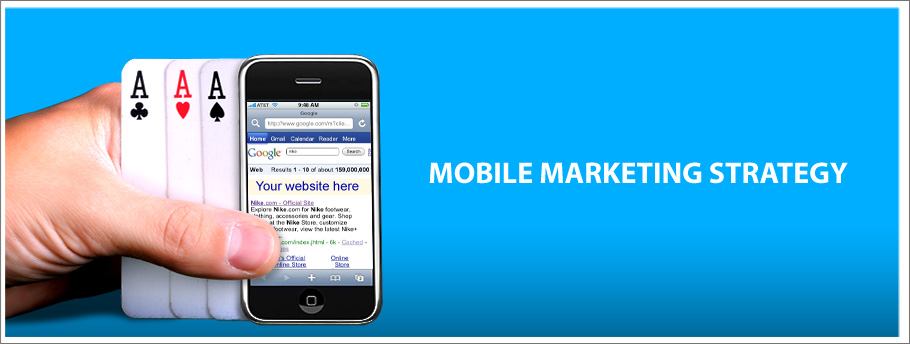The Marketing Landscape
Marketing in common is broken into two fundamental types: print (or physical) and digital. Print would be things like daily papers, magazines, flyers announcements and so forth. Digital marketing incorporates things like sites, email marketing battles, online promotions, and mobile marketing. Digital marketing has taken a gigantic jump in front of print marketing as CMO’s and organizations all over the place have seen the benefits of marketing their business digitally. Mobile marketing, specifically, is developed by the day.
SMS Message Marketing
Since we realize that mobile marketing arrive to stay, I’d like to demonstrate to you how SMS fits under the mobile marketing umbrella. The branches of mobile marketing incorporate mobile informing (the new player in the business), mobile promoting (presenting advertisements, local application advertisements, and so forth) and SMS marketing (this is the place Clear stream plays). All branches fill a certain need and no vertical is more essential than the other. For instance, mobile informing (which is “in application” informing sidesteps the mobile transporters) gives the most ideal approach to little gathering correspondence while SMS gives the most direct type of mass corresponding to a client over whatever other vertical.
As should be obvious, SMS message marketing is only one of only a handful couple of verticals under Mobile Marketing and it is the sort of mobile marketing that Clear stream has fabricated a stunning stage for organizations to utilize viably. It’s likewise one of the biggest verticals regarding revenue and universality.
The high bounce is a Track & Field occasion in which contenders much hop over a flat bar put at a particular tallness. Much the same as a contending high jumper can approach the bar with the strategy of their picking, you can pick the system that you believe is all in all correct to market your business.
Investigate the greater part of the verticals accessible and consider where you can achieve your customers better. We’ve done our exploration and marked off our clipboards. We think the most ideal approach to contact them is by means of SMS, yet tell us what you think.





